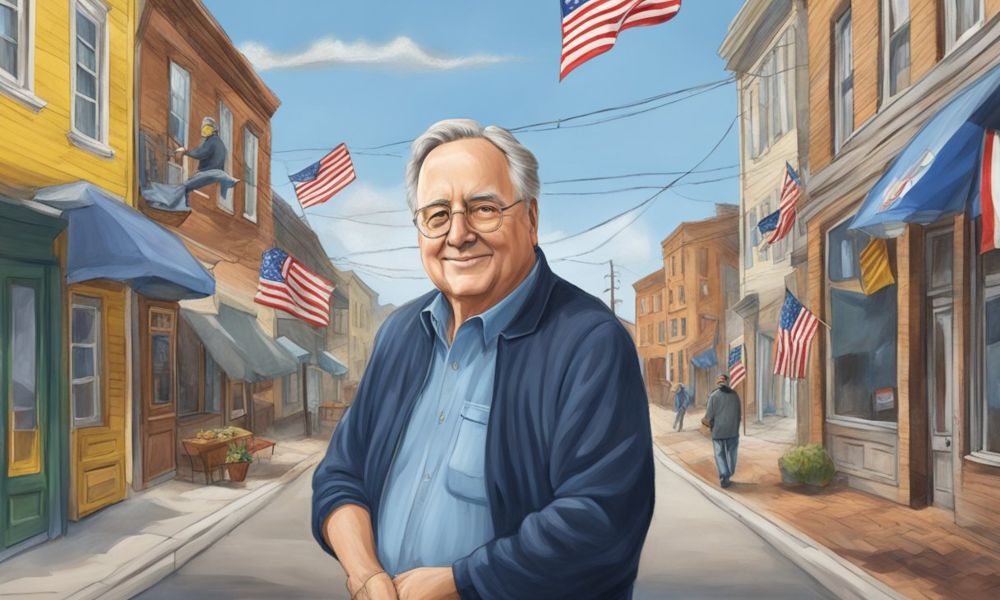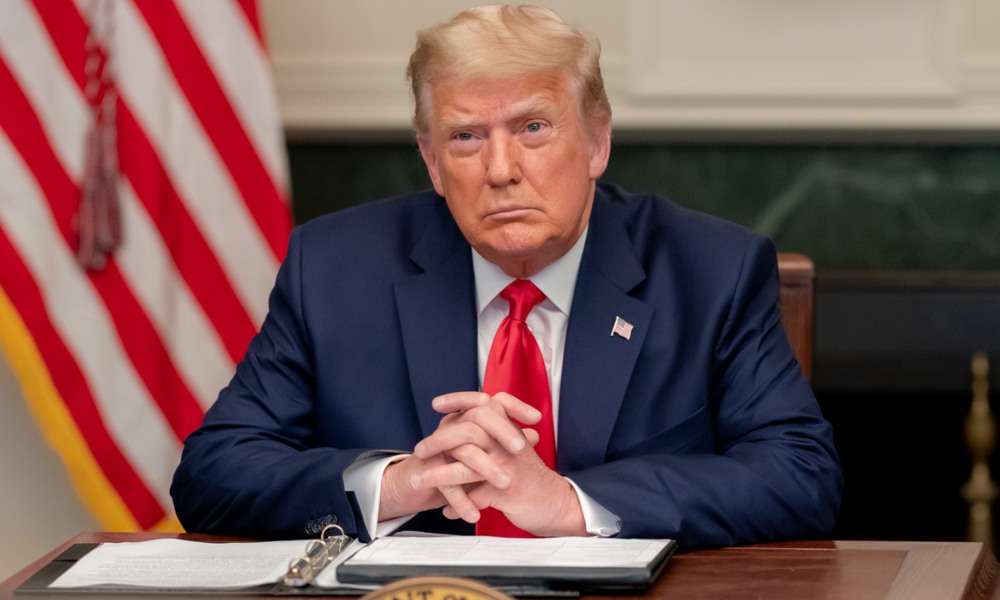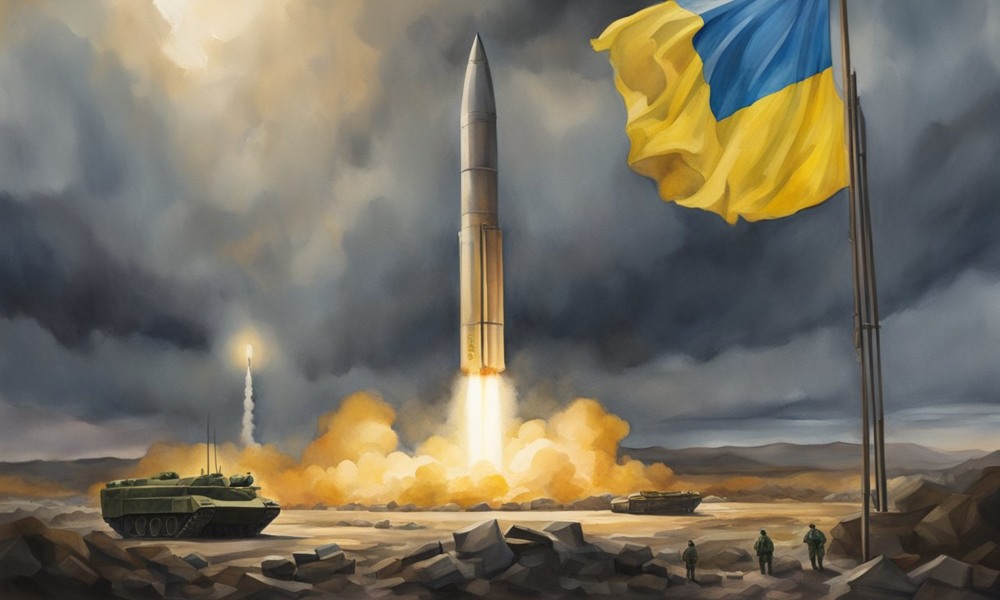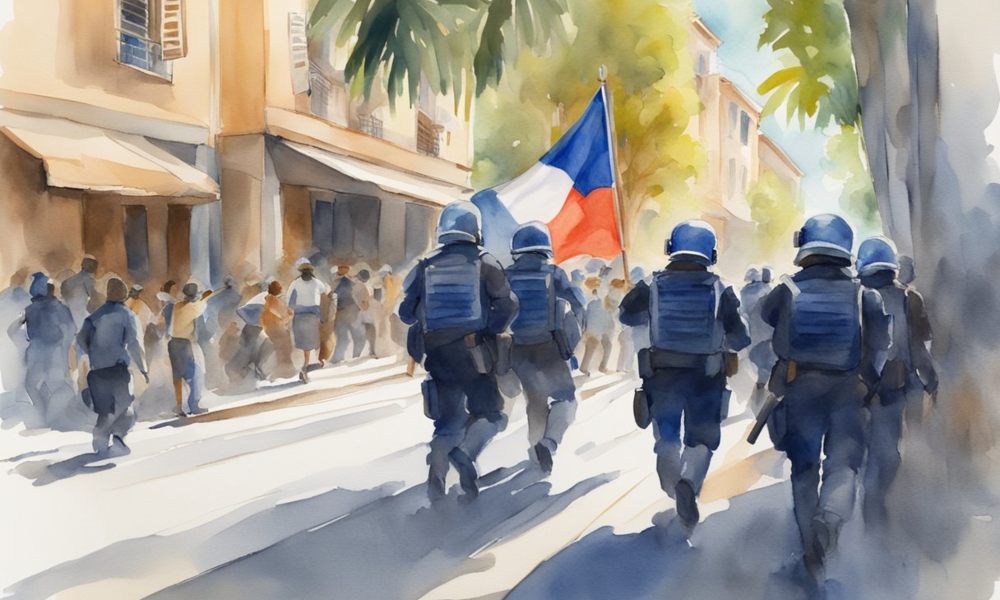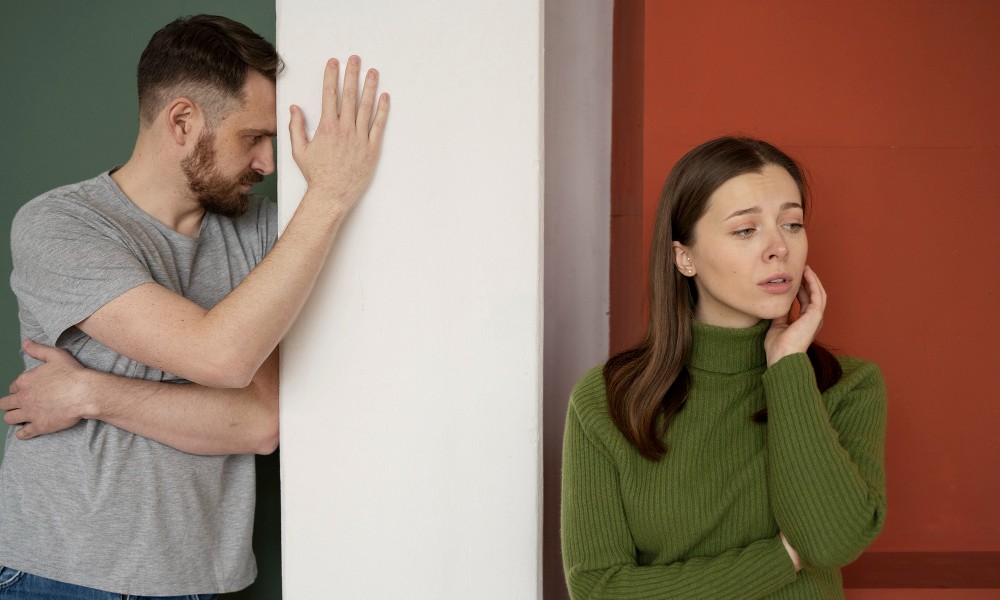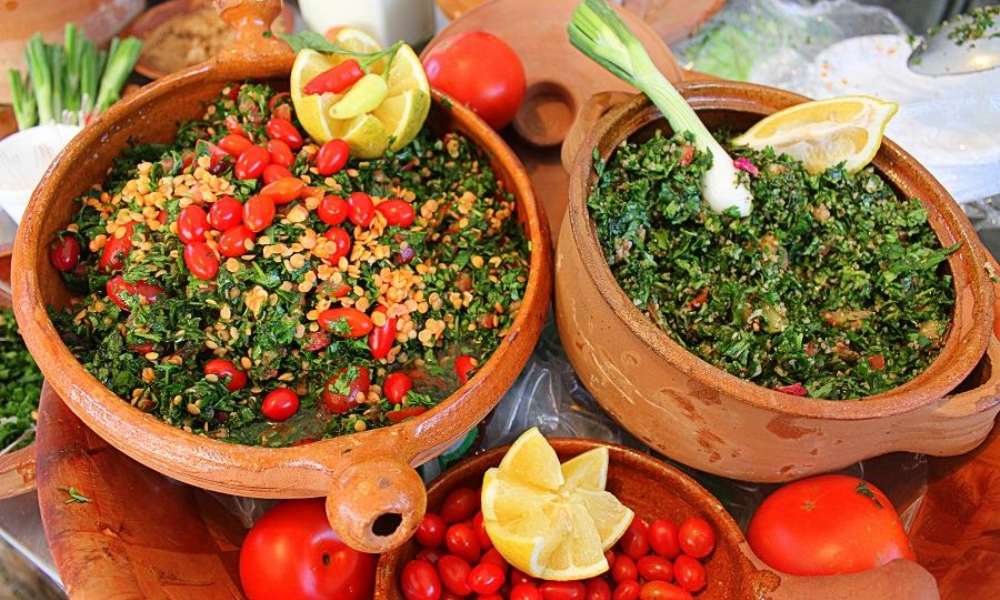President Macron visited the French territory as protests turned violent.
- Riots broke out over voting rights for local elections
- Protesters fear changes would reduce indigenous representation
- France sent extra police to restore order and declared a state of emergency
- Macron wants to calm tensions and find a solution
What’s happening on the Pacific islands of New Caledonia? Why are people protesting, and can President Macron fix things?
Riots Erupt in New Caledonia
Last week, the worst riots in 40 years shook the French Pacific territory of New Caledonia. Protesters took to the streets as lawmakers proposed letting more French citizens vote in local elections.
The protesters are mostly indigenous Kanak, who comprise around 40% of the population. They fear the voting changes would reduce their political influence on issues impacting their lands and communities.
France Declares Emergency
As riots caused millions in property damage, President Macron declared a state of emergency. He sent hundreds of extra French police and soldiers to help restore order.
In the capital, Noumea, Macron said, “There is no other option” but to end the unrest through increased security presence. However, he recognized the suffering of many families caught up in the violence.
Colonialism Tensions Remain
France has controlled the resource-rich islands of New Caledonia since colonizing them in 1853. The indigenous Kanak people have long pushed for independence and greater autonomy.
In 1998, France agreed to give the territory more self-governance powers through the Noumea Accord. It also allowed up to three independence referendums, the most recent in 2021. However, pro-independence groups boycotted that vote.
Macron Seeks Peace
Macron aimed to bring “peace and security” while supporting the economically struggling territory during his short visit. New Caledonia is one of the world’s top producers of valuable nickel metal.
But the toughest talks involved the political future. Would granting more French citizens voting rights undermine the indigenous population’s voice, as feared? Macron spoke with various groups, but some pro-independence Kanaks refused to join him.
Resolving these issues over New Caledonia’s status will take much work. Macron must navigate the territory’s deep colonial tensions while protecting France’s strategic interests in the Pacific region.
Can Compromise Be Reached?
The New Caledonia protests underscore long-standing grievances over indigenous rights and self-determination. The pro-France and pro-independence sides feel their core interests are at stake with any changes.
While promising dialogue, Macron prioritized quickly restoring security during his brief visit. However, that may only be a temporary solution if the underlying political conflicts go unresolved.
The key question is whether France and New Caledonia can find a lasting compromise that respects the Kanak population’s demands while allowing France to maintain ties with the strategically valuable territory. Can Macron broker such a delicate agreement?
